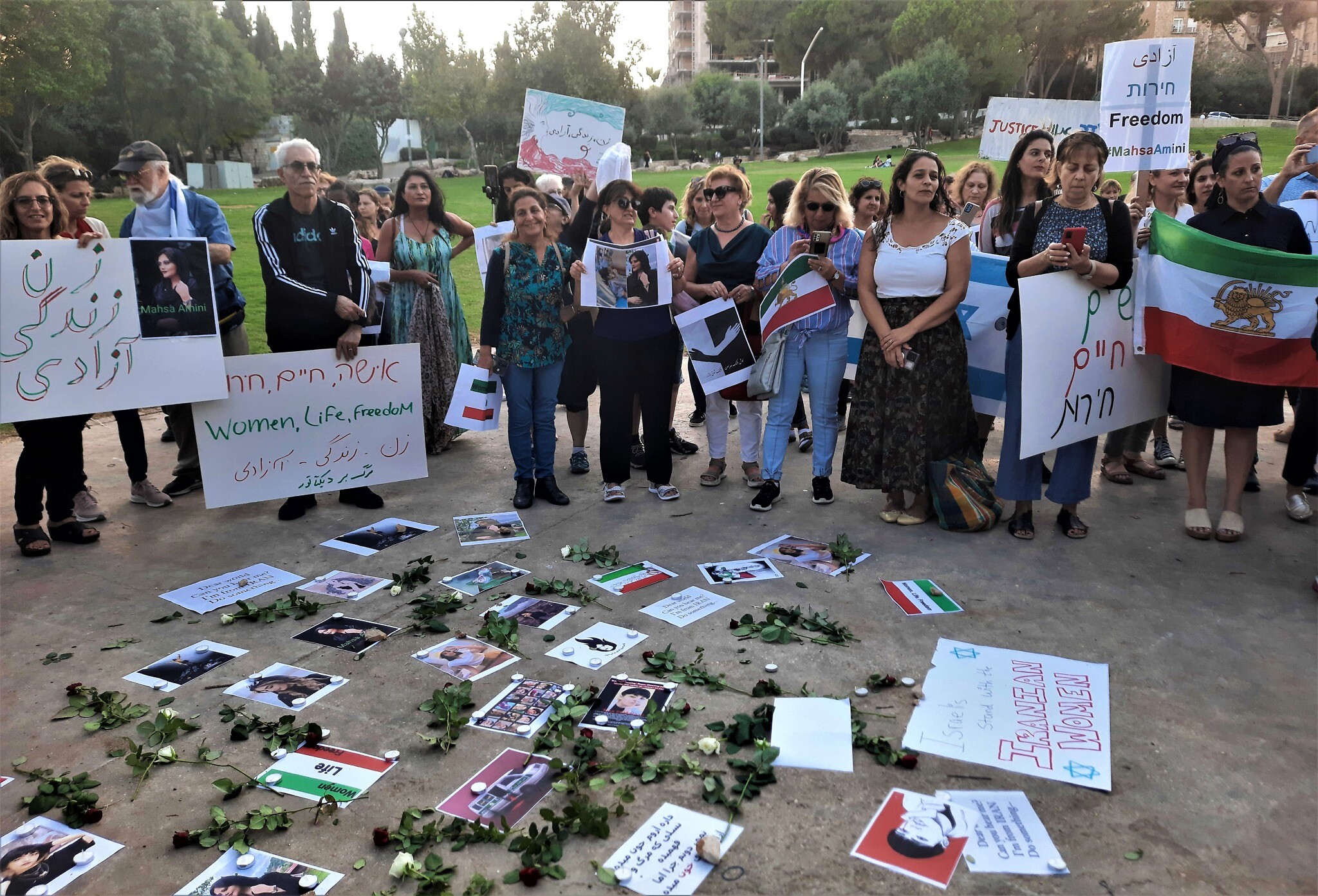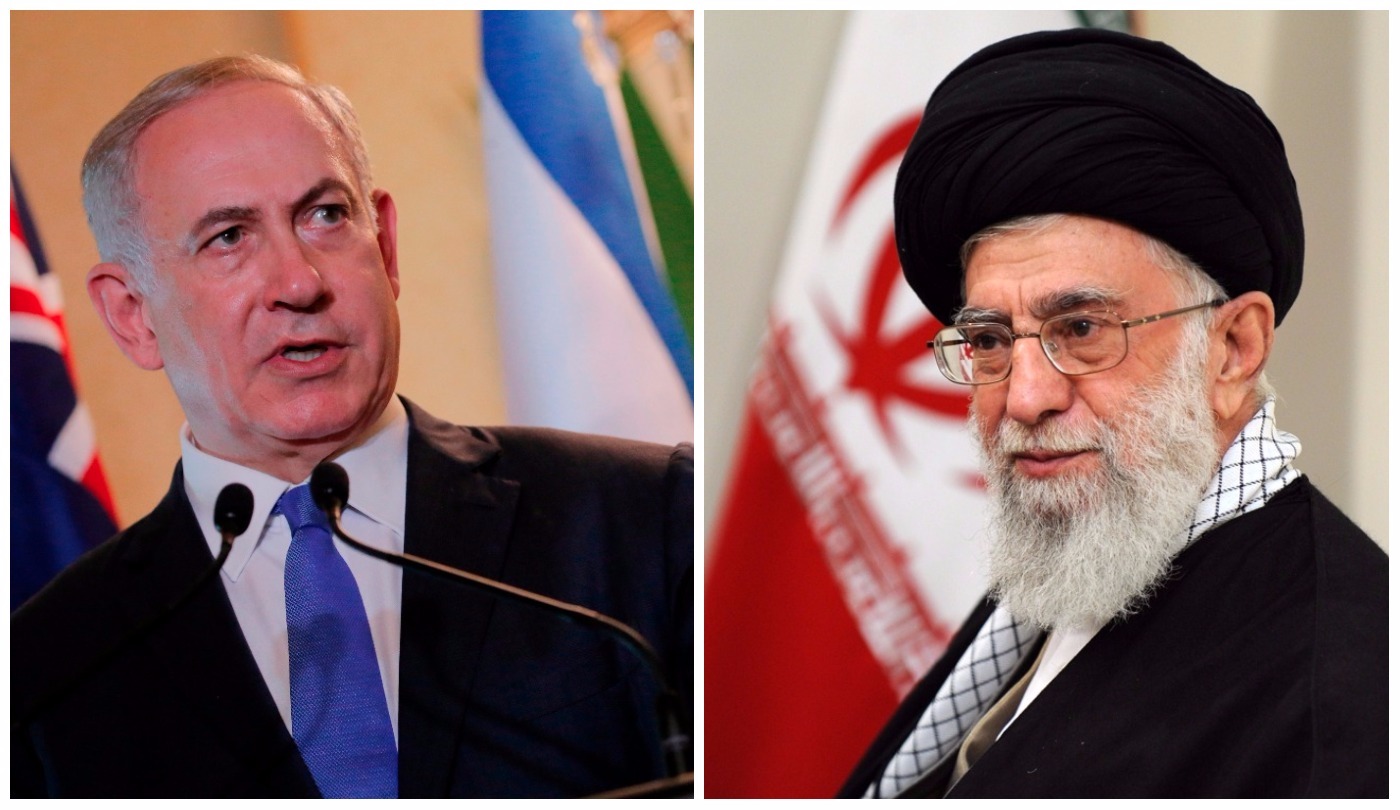Historical Tensions and Conflicts: Iranian Israeli

The Iranian-Israeli conflict is a complex and multifaceted issue with deep historical roots. It is rooted in a long history of religious, political, and territorial disputes, and it has been further complicated by the rise of Zionism, the creation of the state of Israel, and the Palestinian-Israeli conflict.
Origins of the Conflict
The origins of the Iranian-Israeli conflict can be traced back to the ancient world, when both Persia (now Iran) and Israel (or Judea) were powerful empires in the Middle East. While there were periods of peaceful coexistence, there were also instances of conflict, particularly during the Persian Empire’s conquest of Judea in the 6th century BCE.
The conflict intensified in the 20th century with the rise of Zionism, a movement advocating for the establishment of a Jewish homeland in Palestine. This movement gained momentum after the Holocaust, and in 1948, the state of Israel was declared. However, this declaration was met with resistance from Arab states, including Iran, which saw it as a threat to their interests and the rights of Palestinians.
Role of the Palestinian Issue
The Palestinian issue has been a major factor in shaping the relationship between Iran and Israel. Iran has consistently supported the Palestinian cause, viewing it as a struggle against Western imperialism and Israeli aggression. Iran has provided financial and military support to Palestinian groups, including Hamas and Islamic Jihad, and has called for the establishment of a Palestinian state with East Jerusalem as its capital.
Israel, on the other hand, has accused Iran of supporting terrorism and of seeking to destroy Israel. Israel has carried out military strikes against Iranian targets in Syria and Lebanon, which it claims are aimed at preventing Iran from establishing a military presence on its borders.
Different Perspectives on the Conflict, Iranian israeli
Iran and Israel have fundamentally different perspectives on the conflict. Iran views Israel as an illegitimate state, a product of Western colonialism and a threat to regional stability. Iran believes that Israel’s existence is based on the dispossession of Palestinians and that it is an obstacle to peace in the Middle East.
Israel, in contrast, views itself as a legitimate state, a haven for Jews after centuries of persecution, and a bulwark against terrorism. Israel sees Iran as a threat to its existence, a state that supports terrorism and seeks to develop nuclear weapons.
Key Historical Moments
Several key historical moments have contributed to the current state of tension between Iran and Israel:
- The 1979 Iranian Revolution: The Islamic Revolution in Iran led to the establishment of an Islamic Republic, which severed diplomatic relations with Israel and declared its support for the Palestinian cause.
- The Iran-Iraq War (1980-1988): During the Iran-Iraq War, Israel provided military support to Iraq, further escalating tensions with Iran.
- The Israeli invasion of Lebanon (1982): Iran supported the Lebanese Shia militia Hezbollah, which opposed the Israeli invasion and later became a major force in Lebanese politics.
- The First Intifada (1987-1993): Iran supported the Palestinian uprising against Israeli occupation, providing financial and military aid to Palestinian groups.
- The Second Intifada (2000-2005): Iran continued to support Palestinian resistance, further deepening the conflict with Israel.
- The US invasion of Iraq (2003): Iran saw the US invasion as an attempt to destabilize the region and to undermine its influence. This led to a closer relationship between Iran and Iraq, which further complicated the relationship with Israel.
- The Syrian Civil War (2011-present): Iran has been a major supporter of the Syrian government, while Israel has supported Syrian opposition groups. This has led to increased tensions between the two countries.
Political and Ideological Differences

The conflict between Iran and Israel is rooted in deep-seated political and ideological differences. These differences are not only about territorial claims but also encompass contrasting visions for the future of the Middle East and the role of religion in society.
The Role of Religion
Religion plays a pivotal role in shaping the political and ideological landscape of both Iran and Israel. Both countries consider themselves to be theocratic states, where religious beliefs and principles heavily influence government policies and societal norms.
- Iran: Iran is an Islamic Republic, with its political system based on the principles of Shia Islam. The Supreme Leader, who is the highest authority in the country, is a religious figure, and Islamic law (Sharia) is the foundation of the legal system.
- Israel: Israel is a Jewish state, where Judaism is the dominant religion and its laws and practices are deeply intertwined with Jewish religious traditions. The State of Israel considers itself the homeland of the Jewish people and its policies are often guided by religious interpretations of Jewish scripture and history.
Contrasting Political Systems and Ideologies
Iran and Israel have fundamentally different political systems and ideologies, leading to divergent approaches to international relations and regional security.
- Iran: Iran’s political system is characterized by a blend of religious and democratic elements. The country is governed by a complex system of institutions, including the Supreme Leader, the President, and the Parliament. Iran’s foreign policy is often influenced by its commitment to supporting Shia Muslim groups in the region and its opposition to the United States and its allies.
- Israel: Israel is a parliamentary democracy, with a multi-party system and a democratically elected government. Israel’s foreign policy is primarily focused on ensuring its security and maintaining its status as a Jewish state. This often involves close alliances with the United States and other Western countries.
Key Political and Ideological Stances
| Issue | Iran | Israel |
|---|---|---|
| Religious Beliefs | Shia Islam | Judaism |
| Political System | Islamic Republic | Parliamentary Democracy |
| Foreign Policy | Supporting Shia Muslim groups, opposing US and its allies | Ensuring security, maintaining Jewish state status |
| Nuclear Program | Advocates for peaceful nuclear energy, but faces international sanctions due to concerns over potential military applications | Strongly opposes Iran’s nuclear program, citing concerns about potential proliferation |
| Palestinian Issue | Supports Palestinian rights, including the right to self-determination | Advocates for a two-state solution, but has been criticized for its settlements in the West Bank |
Regional and International Implications

The Iranian-Israeli conflict extends beyond the two nations, casting a long shadow over the Middle East and influencing global dynamics. The conflict’s ramifications are felt across the region, with regional powers and international actors vying for influence and seeking to navigate the complex web of alliances and rivalries.
Impact on the Middle East
The Iranian-Israeli conflict has a profound impact on the Middle East, contributing to regional instability and exacerbating existing tensions. The conflict’s proxy wars, arms races, and political maneuvering have fueled violence and unrest in countries like Lebanon, Syria, Iraq, and Yemen. The conflict also fuels sectarian divisions and religious extremism, further destabilizing the region. For instance, the conflict has contributed to the rise of Hezbollah in Lebanon, a powerful Shia militia backed by Iran, and the emergence of Hamas in Gaza, a Palestinian Islamist group supported by Iran. These groups have engaged in armed conflict with Israel, further escalating tensions and contributing to a cycle of violence.
Iranian israeli – The complex relationship between Iran and Israel, marked by historical tensions and ongoing geopolitical disputes, underscores the importance of understanding cultural nuances. This understanding can be fostered through everyday interactions, such as setting up a comfortable and safe play area for young children with a table and chair for 2 year old , where children can engage in imaginative play and learn valuable social skills.
By creating such spaces for shared experiences, we can pave the way for future generations to build bridges of understanding and cooperation between Iran and Israel.
The complex relationship between Iran and Israel has been a source of tension for decades, with both countries holding opposing views on regional security and the role of nuclear power. While the conflict often takes center stage on the international stage, it’s important to recognize the impact of these tensions on domestic politics as well.
For example, the recent election of gwen walz as governor of Minnesota has raised questions about the state’s stance on foreign policy, particularly regarding the Iranian nuclear deal. The issue has become a point of contention within the state, highlighting the far-reaching consequences of the Iranian-Israeli conflict on American politics.
